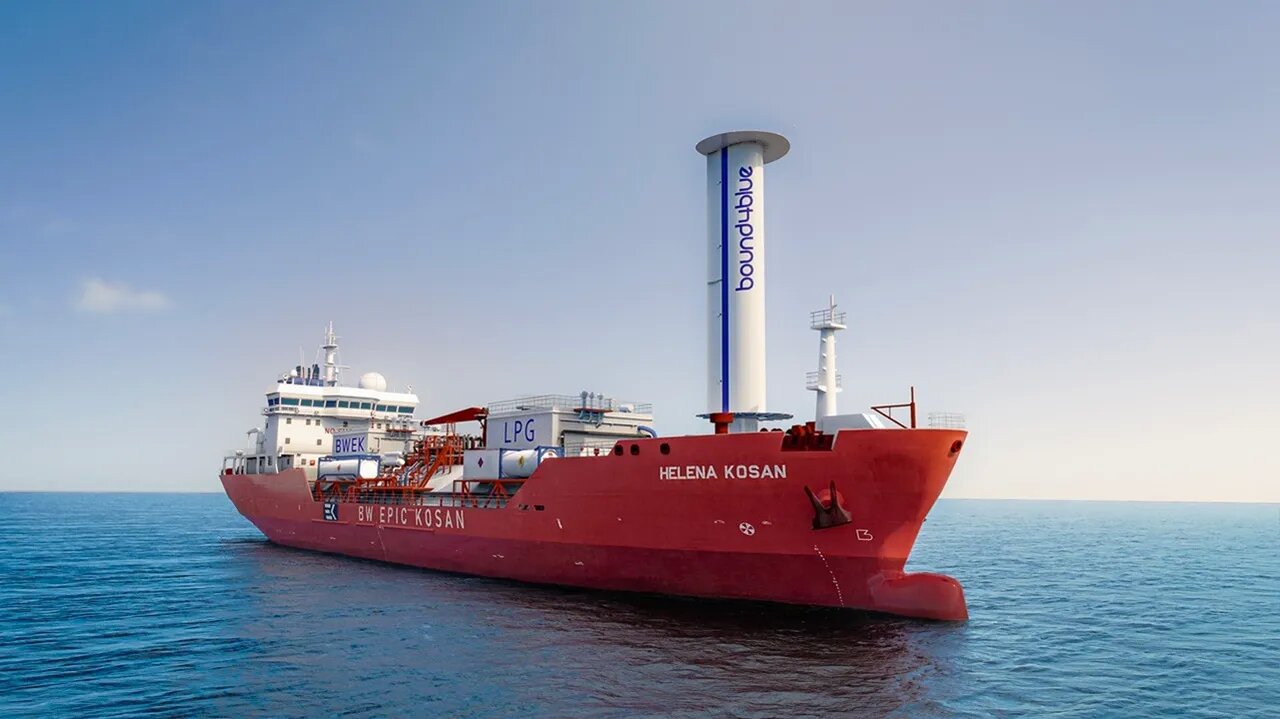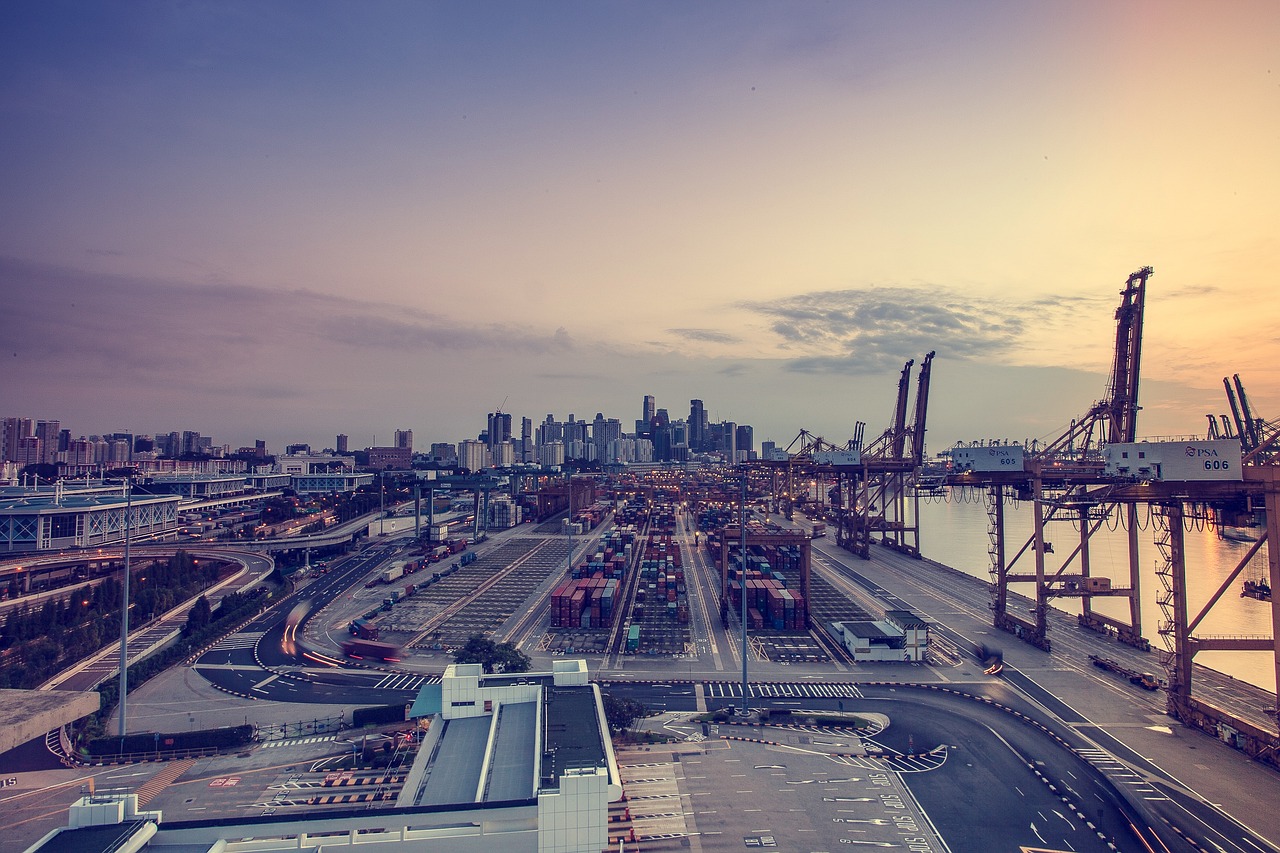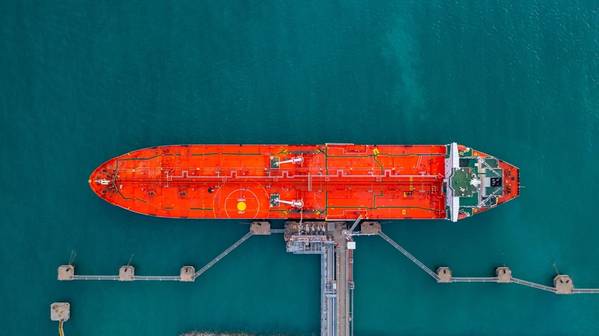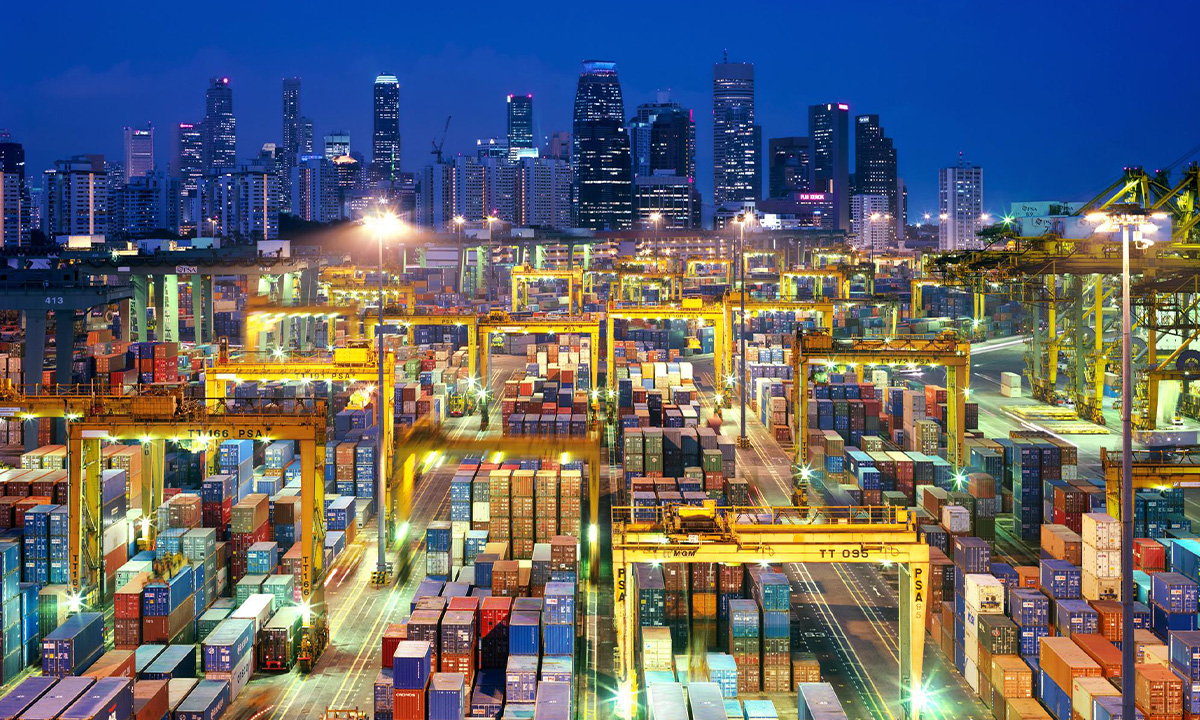Significant advances have been made on reducing greenhouse gas (GHG) emissions from LNG as a marine fuel recently, says industry body SEA-LNG, as it notes developments in bunkering liquefied biomethane and the advance of technologies to reduce methane slip in the combustion process.
Over the last six years, energy producers have reduced well-to-wake emissions by a quarter, SEA-LNG claims, while engine manufacturers have taken steps ‘to almost halve the emissions performance of those engines with methane slip’.
The group cites recent support for LNG from classification societies, ABS and DNV, both of which have pointed to the pathway towards liquefied biomethane and e-methane. The importance of this methane pathway to a net-zero fuel was also emphasised recently in a webinar staged by Shell Energy.
In a warning about the development of new marine fuels, SEA-LNG said: “The industry also noted the unintended consequences from regulations for which the supporting guidelines have not yet been fully developed.”
SEA-LNG chairman, Peter Keller, declared: “The evidence is clear: LNG is delivering emissions reductions now and providing a practical pathway to net-zero through biomethane and e-methane. It is essential that future regulation builds on this momentum and recognises the proven benefits of the methane decarbonisation pathway.”




